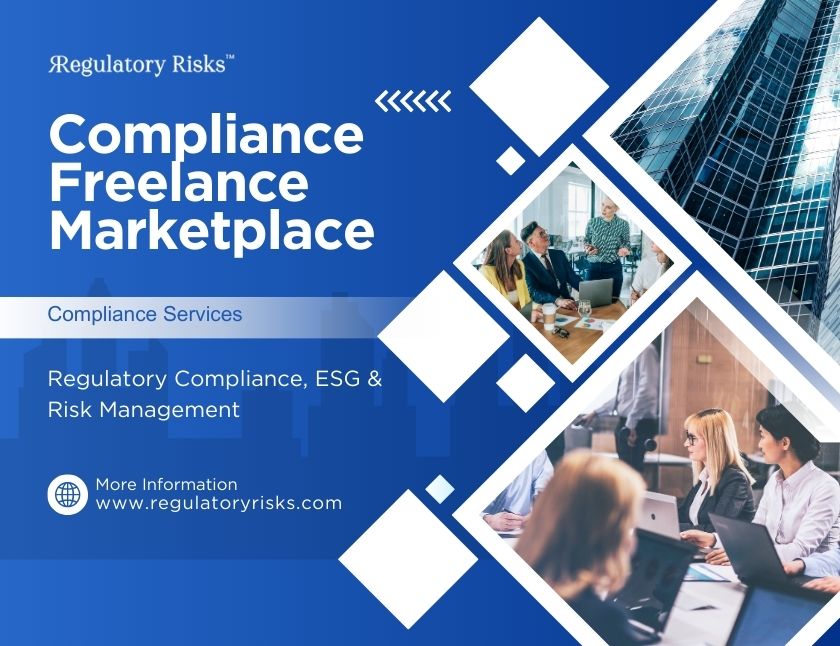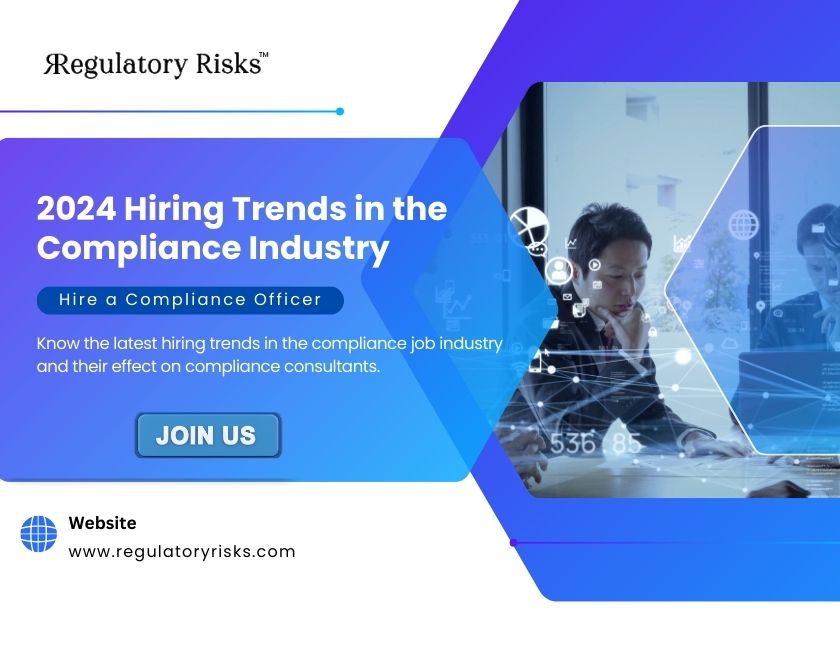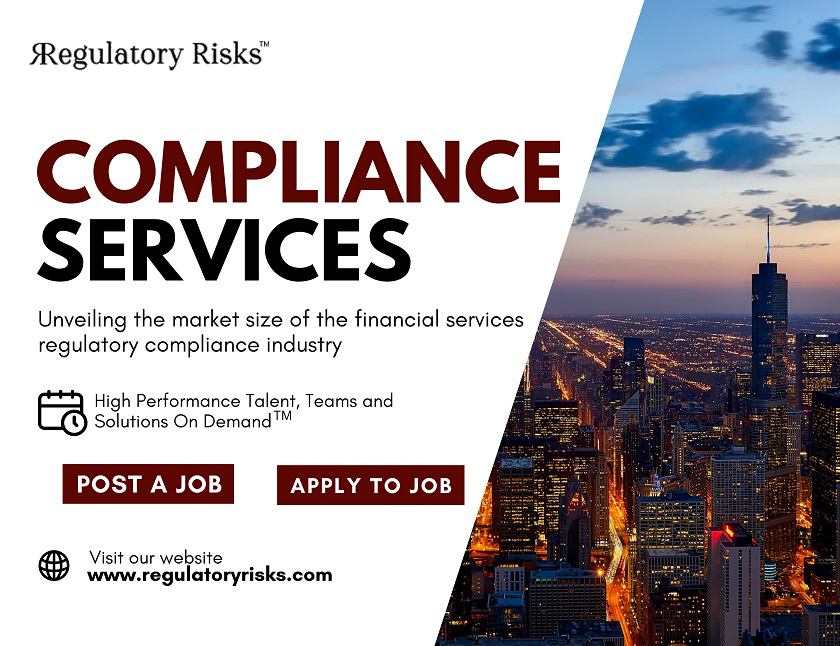In an increasingly interconnected world, financial crime poses a significant threat to the integrity and stability of the financial system and global economies. Recognizing the importance of combating Money Laundering, Fraud and terrorist financing, Singapore has recently strengthened its regulatory framework governing corporate Corporate Service Providers. These new regulations aim to enhance transparency, mitigate risks, and uphold Singapore's reputation as a leading financial centre and as having a strong regulatory system, including financial crime compliance. This article delves into the specifics of Singapore's updated money laundering regulations for corporate service providers and outlines the obligations that firms must fulfill to ensure compliance.
Background on Money Laundering Regulations in Singapore:
Singapore has long been committed to combating Money Laundering, Fraud and terrorist financing, with a robust regulatory framework in place to address these threats. The primary legislation governing Financial Crime Compliance laundering (AML) and counter-terrorism financing (CTF) efforts in Singapore includes the Bribery & Corruption, Drug Trafficking and Other Serious Crimes (Confiscation of Benefits) Act (CDSA) and the Terrorism (Suppression of Financing) Act (TSOFA). The Monetary Authority of Singapore (MAS) serves as the regulatory authority responsible for overseeing compliance with AML/CFT regulations and enforcing measures to combat financial crime through Financial Crime Compliance.
Overview of the New Regulations for Corporate Compliance Consultants:
The new regulations for Corporate Service Providers are primarily outlined in the Payment Services Act (PSA) and the Notices and Guidelines issued by Monetary Authority of Singapore. These regulations impose additional obligations on Corporate Service Providers to enhance due diligence, monitoring, and reporting requirements, with a focus on identifying and mitigating the risks associated with money laundering and terrorist financing.
Key Obligations for Corporate Services Providers:
a. Customer Due Diligence (CDD):
Corporate Service Providers are required to conduct thorough due diligence on their customers, including identifying and verifying the identities of beneficial owners and ultimate beneficiaries. Enhanced due diligence measures must be applied to high-risk customers, such as politically exposed persons (PEPs) and customers from high-risk jurisdictions.
b. Record-Keeping Requirements:
A Chief Compliance Officer must maintain accurate and up-to-date records of their customer due diligence processes, as well as transaction records and supporting documentation. These records must be retained for a minimum period of five years and be readily accessible for inspection by regulatory authorities.
c. Suspicious Transaction Reporting:
Corporate Service Providers have a legal obligation to report any suspicious transactions or activities to the Suspicious Transaction Reporting Office (STRO) of the Commercial Affairs Department (CAD) promptly. Suspicious transactions may include those that are inconsistent with a customer's known legitimate activities, involve large or unusual amounts of money, or lack a clear business rationale.
d. Compliance Programs and Internal Controls:
Corporate Service Providers are required to establish and implement robust AML/CFT compliance programs tailored to their specific risks and business activities. These programs should include policies, procedures, and internal controls designed to detect and prevent money laundering and terrorist financing activities.Compliance Consultants can assist with this by providing Compliance Services.
e. Training and Awareness:
A Chief Compliance Officer must provide regular training to their employees on AML/CFT requirements, including how to recognize and respond to suspicious transactions or activities. Employees should be adequately trained to understand their roles and responsibilities in preventing Money Laundering Fraud and terrorist financing.
Penalties for Non-Compliance:
Failure to comply with Singapore's AML/CFT regulations can result in severe penalties, including fines, imprisonment, or revocation of licenses. Regulatory authorities have the power to conduct inspections, investigations, and audits to ensure compliance with the regulations, and firms found to be in violation may face enforcement actions.
Challenges and Best Practices:
Implementing the new regulations may pose challenges for Corporate Service Providers, including resource constraints, the complexity of regulatory requirements, and the need for ongoing monitoring and review. To effectively navigate these challenges, Corporate Service Providersshould adopt best practices such as leveraging technology for enhanced due diligence, conducting regular risk assessments, and fostering a culture of compliance within their organizations.
Conclusion:
Singapore's updated money laundering regulations for Corporate Service Providers reflect the city-state's commitment to maintaining the highest standards of integrity and transparency in its financial system. By understanding and fulfilling their obligations under these regulations, Chief Compliance Officers can contribute to a more secure and resilient business environment while safeguarding Singapore's reputation as a leading global Anti-Financial Crime Compliance center. Compliance with AML/CFT requirements is not only a legal requirement but also essential for building trust with customers, mitigating risks, and preserving the integrity of the financial system for the benefit of all stakeholders. Hence, it turns out to be crucial for an organization in Singapore to hire a Money Laundering Reporting Officer to mitigate risks regarding financial laundering.
Regulatory Risks is a freelance marketplace that connects your business with Chief Compliance Officers, compliance consultants and compliance services in the market. Whether you need a Chief Compliance Officer for a short-term project or longer-term compliance jobs, RegulatoryRisks.com is your firm’s on-demand flexible specialist resourcing solution.
The RegulatoryRisks.com platform is easy to use, secure and transparent. You can browse through profiles of vetted and verified compliance consultants and schedule video interviews. Hire a Compliance Officer today.




